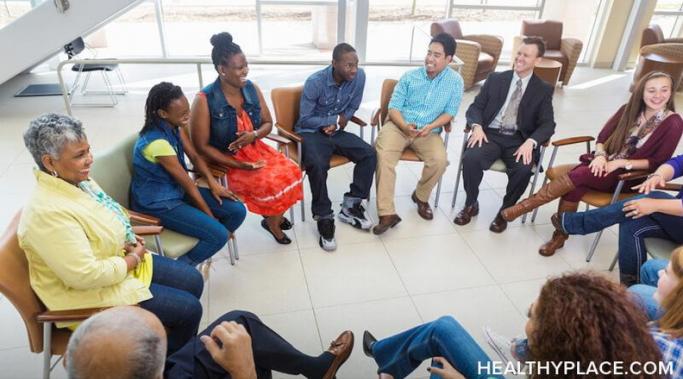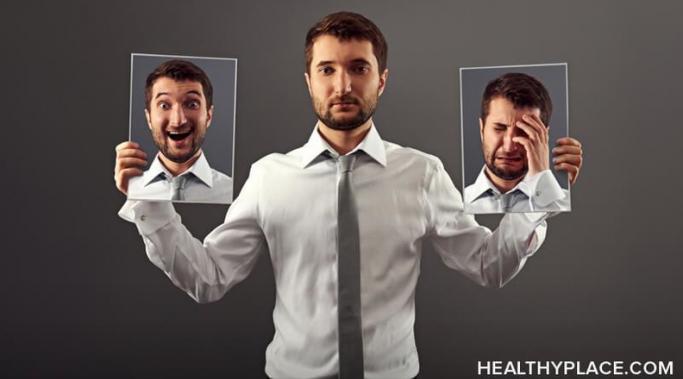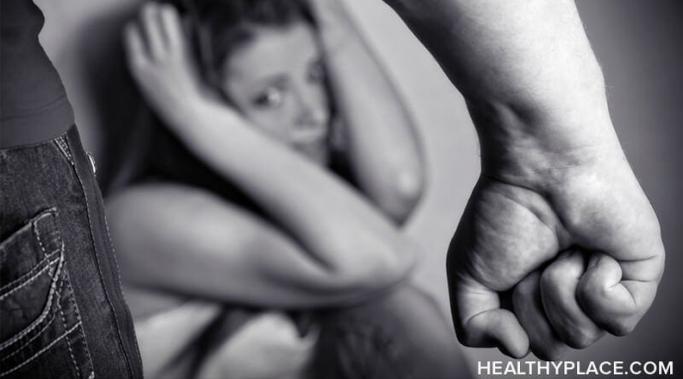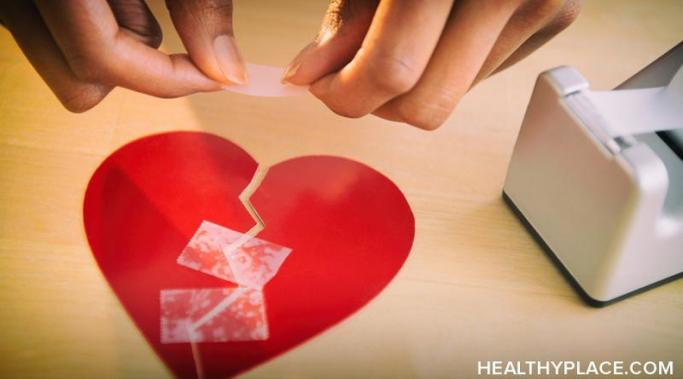Kellie Jo Holly believes leaving her abusive relationship was the best thing she ever did for herself and her children. This episode of HealthyPlace Radio delves into the abuse she experienced during her 18 year marriage, some of the reasons she stayed, and the incentive behind her escape.
Radio Show Blog
Erin Lynn Hawkes is a neuroscientist and author of the book, When Quietness Came: A Neuroscientist's Personal Journey With Schizophrenia. Before being diagnosed with schizophrenia in her early 20's, Erin considered herself an average person. After all, everyone has a little voice in their head, right? She did not know that her paranoia and delusions were outside of the normal experience.
There is a mental illness support group for almost every psychiatric disorder or abuse. As a person on the receiving end of verbal abuse for years, attending a support group propelled me forward exponentially and I encourage people to locate a support group and attend it. But sometimes, people are intimidated and do not attend. They desperately want the emotional support, but perhaps stepping outside of their comfort zone is too much when added on top of everything else they're experiencing.
Coming out of the closet as someone with a mental illness was challenging for me. Even so, I wasn’t a successful psychotherapist with a nearly 25 year career under my belt. Dr. Carolyn Dobbins, however, is. Dr. Dobbins has schizoaffective disorder and her recently published book, What A Life Can Be, gives us all a revealing look at what that’s like for her.
Finding the right ADHD medication is just like finding the right medication for any illness: your clinician evaluates your symptoms, administers diagnostic tests, and prescribes a medication; you take the medication and report side effects and changes to your ADHD symptoms. Together, you and your clinician work to gradually find the right balance. It can take weeks, months, even years. But what if the process was more efficient?
Plenty of people make jokes about mental illness. But it’s a rare humorist who delivers sobering insight while administering that arguably best medicine, laughter. Alistair McHarg is one of those precious few. After 40+ years of life with bipolar disorder, Alistair has the experience and wisdom to know that there’s a profound difference between levity and turning serious, even life-threatening conditions into mere punchlines.
J.D. Smith was in a mentally and physically abusive relationship for seven years. Today she’s a musician and she advocates for battered women. She says her main goals as an advocate are “… to help women get free from abuse and to help them get their self-esteem back.”
According to commonly quoted statistics, 90 percent of bipolar marriages end in divorce. When one factors in the difficulties of living with somebody who cycles through depressive and manic episodes, including manic episodes in some bipolars of binge spending, or worse, hypersexuality which results in infidelity, it is not difficult to see why the odds are stacked up against a long lasting bipolar marriage.
We covered suicide prevention last week and the efforts of one organization to reach out to communities across the nation to save lives. But is there anything you can do as an individual to help others deal with their suicide crisis?
Amanda_HP
Suicide prevention. People talk about it, but is preventing someone from committing suicide really possible? That's a big question.
Suicide statistics reveal over 44,000 Americans committed suicide in 2016 and for every completed suicide, there were 25 attempted suicides.1 Unfortunately, the numbers are growing.









